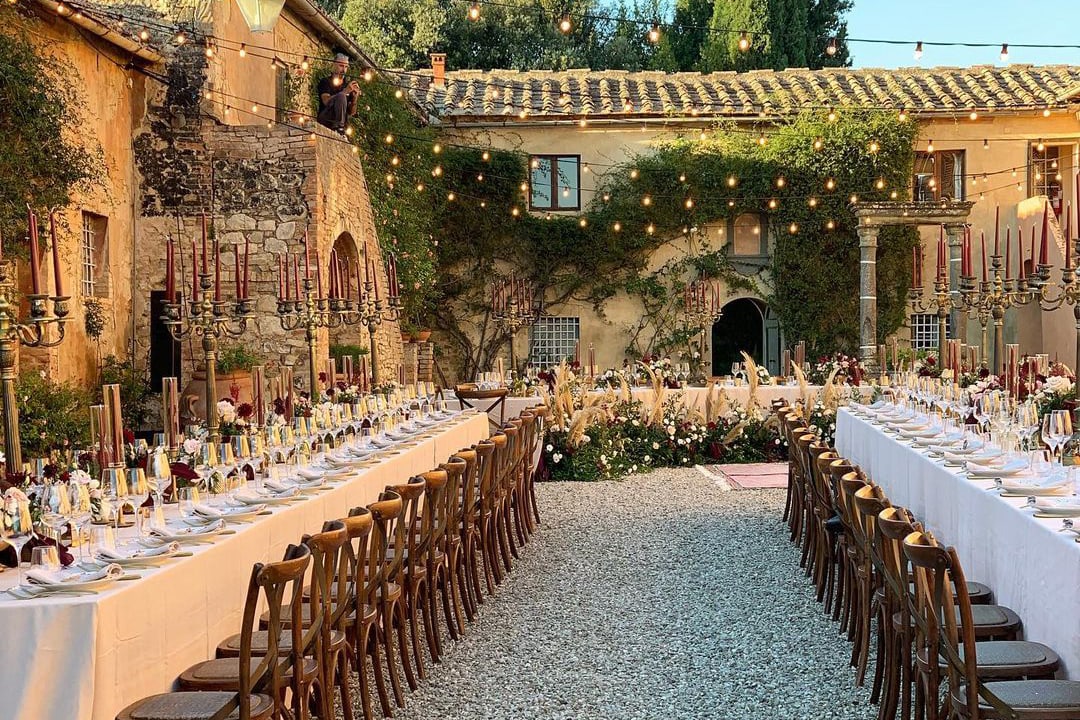In today’s digital age, the integration of gaming and social media has revolutionized the way players interact with games, share experiences, and connect with one another. The two industries, once distinct, have converged to create a dynamic ecosystem that offers new avenues for entertainment, communication, and community-building. Social media platforms and gaming have evolved hand-in-hand, transforming how people engage with content, make friends, and establish a sense of belonging. Here’s a deeper look into why gaming and social nhà cái 188bet media make the perfect pair in the online world.
1. Connecting Players Through Shared Interests
One of the most powerful aspects of the combination between gaming and social media is the ability to connect players from all over the world. Social media platforms such as Facebook, Twitter, and Instagram provide spaces where gamers can follow their favorite games, developers, and streamers, and engage in conversations with like-minded individuals. These platforms allow fans to share news, memes, fan art, and personal experiences, building communities centered around a common love for gaming.
Forums and niche social networks like Reddit, Discord, and Twitch further enhance these interactions, enabling players to join groups, participate in discussions, and forge meaningful relationships. For instance, Discord has become a hub for gamers to join voice and text chats, whether in official game communities or fan-created servers, while Reddit hosts a multitude of subreddits dedicated to specific games or gaming genres. The online social space has become an essential tool for players to stay informed, share tips, and form friendships based on mutual interests.
2. Live Streaming: Bringing Players Together in Real-Time
Live streaming has become a cornerstone of the relationship between gaming and social media, allowing players to share their experiences with an audience instantly. Platforms like Twitch, YouTube Gaming, and Facebook Gaming have created a new avenue for gamers to broadcast their gameplay, share their personalities, and connect with followers in real-time.
Live streaming not only lets players showcase their gaming skills but also allows them to engage with viewers directly through chat, reactions, and donations. Streamers can build dedicated fanbases, interact with their audience, and even play games together, creating a sense of community that extends beyond the game itself. The opportunity for real-time interaction fosters a deeper connection between streamers and viewers, turning one-way broadcasts into interactive experiences.
Esports, the competitive side of gaming, has also benefited from the streaming boom, with major tournaments and leagues broadcast live to millions of fans worldwide. Social media plays a huge role in spreading awareness of these events, and players and teams use platforms to engage with their fanbase, share highlights, and announce upcoming events.
3. Sharing Achievements and Content
Social media has made it easier for players to share their gaming achievements, experiences, and favorite moments with their friends and followers. Platforms like Instagram and Twitter have become popular spaces for gamers to post screenshots, short clips, or achievements they’ve earned in-game. Whether it’s showing off a high score, a rare item, or a memorable moment from a playthrough, these platforms provide the perfect venue for players to display their successes and share their gaming journey.
In addition to personal achievements, social media allows players to share fan-made content such as artwork, memes, and videos. Communities form around these shared creations, where players celebrate each other’s work, engage in creative collaborations, and boost each other’s visibility. Game developers often leverage this content to promote their titles, showcasing fan creations on official channels and building a sense of inclusivity within the gaming community.
4. Building and Growing Gaming Communities
Social media has made it easier to build, grow, and sustain communities centered around gaming. Through groups and fan pages, players can come together to discuss their favorite games, exchange strategies, and organize multiplayer sessions. Facebook, for example, has thousands of groups dedicated to specific games, where players can share their thoughts, troubleshoot issues, and find others to play with.
Platforms like Reddit allow users to engage in deep discussions about game mechanics, lore, and tactics, creating rich, vibrant communities where players can share knowledge and experience. These communities are not just limited to established games either; new games and indie developers also use social media as a way to build a dedicated fanbase before a game is even released.
Discord, with its ability to host large groups of people in voice or text chats, has become a go-to platform for gaming communities. Many games now have official Discord servers where players can meet others, ask questions, and discuss strategies. Additionally, players can create their own private servers to communicate with friends or organize gaming sessions. The ease of access and the sense of belonging these communities provide helps to foster loyalty and longevity within the player base.
5. Influencers and Content Creators Shaping the Gaming Landscape
Gaming influencers and content creators are another major way gaming and social media complement each other. Influencers use platforms like YouTube, Twitch, and TikTok to create content that resonates with their followers, whether it’s through gameplay tutorials, game reviews, or humorous commentary. The content they produce helps shape gaming culture, making them key players in both the gaming and social media ecosystems.
Influencers often partner with game developers, promoting new releases or showcasing in-game events, leading to a rise in the popularity of certain games. Their influence extends to social media, where they share updates, interact with fans, and grow their audiences. Through collaborations and sponsorships, influencers help spread the word about upcoming games and build excitement in their communities.
Moreover, influencer-driven challenges or viral content can lead to games going viral, often resulting in millions of new players discovering a game or a gaming trend. Platforms like TikTok have played a major role in this phenomenon, with users creating and sharing short, entertaining videos about games, whether it’s highlighting glitches, achievements, or fun moments with friends.
6. Promoting and Crowdfunding Games Through Social Media
Social media has become a crucial tool for game developers, especially independent studios, to promote and fund their games. Platforms like Twitter and Instagram allow developers to showcase development progress, share teasers, and connect with potential players. In addition, crowdfunding platforms like Kickstarter have been supported by social media, where developers use social channels to drive awareness and gather funds for new projects.
Social media campaigns help generate buzz around a game before its release, building a loyal following of fans who eagerly anticipate the launch. For indie developers, this level of exposure can be invaluable, allowing them to reach a global audience without relying on traditional marketing channels.
7. The Future of Gaming and Social Media Integration
As technology advances, the connection between gaming and social media is expected to become even more intertwined. Virtual reality (VR) and augmented reality (AR) gaming could further enhance social interactions by offering new ways to communicate and share experiences in immersive environments. Games may include social media-like features directly within the game, allowing players to interact, share moments, and track achievements without leaving the gaming platform.
The integration of AI and machine learning also promises to make social media experiences even more personalized, ensuring that the content players see aligns with their specific interests, playstyles, and social circles. This personalization could lead to more targeted recommendations, improved community engagement, and a greater sense of connection among players.
Conclusion
The union of gaming and social media has created a vibrant, ever-evolving ecosystem that brings players together in unprecedented ways. Through streaming, content sharing, community-building, and influencer-driven content, both industries have flourished, creating a rich, interactive environment for players worldwide. As technology continues to evolve, the bond between gaming and social media will only deepen, leading to new opportunities for connection, entertainment, and engagement for players across the globe.…



.jpg_10.jpeg)
